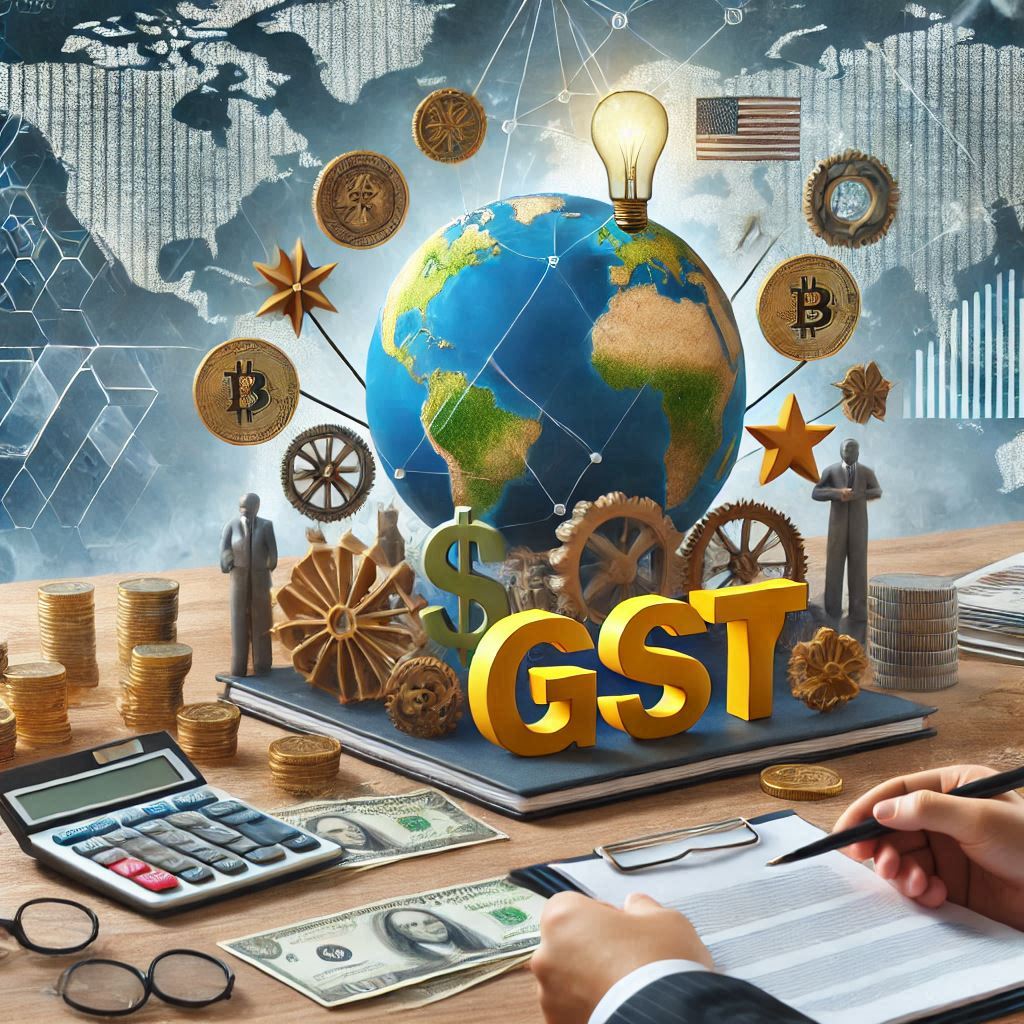54th GST Council Meeting Tax Reforms and Future Implications

54th GST Council Meeting: Tax Reforms and Future Implications. The 54th Goods and Services Tax (GST) Council meeting, held on September 9, 2024, in New Delhi, introduced significant changes to India’s tax landscape. Chaired by Union Finance Minister Nirmala Sitharaman, the council discussed various reforms aimed at streamlining tax processes and enhancing compliance.
54th GST Council Meeting Tax Reforms and Future Implications
Major Decisions and Announcements:
- E-Invoicing for B2C Transactions:
- The council proposed implementing e-invoicing for Business-to-Consumer (B2C) transactions in a phased manner. Previously, e-invoicing was mandatory only for Business-to-Business (B2B) transactions. This move aims to increase transparency and reduce tax evasion in retail sales.
- Tax Rate Adjustments:
- Cancer Drugs: The GST rate on specific cancer drugs was reduced to make them more affordable.
- Life and Health Insurance Premiums: The council reached a consensus on the need to lower the GST on health and life insurance premiums. A panel of ministers will submit a report by the end of October, with further discussions scheduled for November.
- Compensation Cess Extension:
- The council discussed extending the compensation cess on luxury items and sin goods beyond March 2026 to support state revenues. This cess, initially introduced to compensate states for revenue losses post-GST implementation, may continue to fund state expenditures.
- Aviation Turbine Fuel (ATF) Exclusion:
- The proposal to include ATF under the GST regime was rejected. Currently, state governments determine the tax rates on ATF. Including it under GST would have standardized the tax nationwide, but states opposed the move, fearing revenue losses.
- Tax on Used Vehicles:
- An 18% GST will be imposed on the sale of all used or old vehicles, including electric vehicles, when sold by registered sellers. Direct sales between individuals will not attract this tax.
- Trade Facilitation Measures:
- The council recommended various measures to streamline compliance and facilitate trade, including clarifications on the taxability of certain services and the expansion of reverse charge mechanisms.
Implications of the Decisions:
- Enhanced Compliance: The introduction of e-invoicing for B2C transactions is expected to improve tax compliance and reduce evasion in the retail sector.
- Healthcare Affordability: Reducing GST on cancer drugs and considering lower taxes on insurance premiums aim to make healthcare and insurance more accessible and affordable for the public.
- State Revenues: Extending the compensation cess provides financial support to states, ensuring they have adequate resources for development projects.
- Aviation Sector Impact: Excluding ATF from GST means that airlines will continue to face varying tax rates across states, potentially affecting their operational costs and ticket pricing.
- Used Vehicle Market: The imposition of an 18% GST on used vehicles sold by registered sellers could impact the pricing and sales dynamics in the second-hand vehicle market.
Conclusion:
The 54th GST Council meeting introduced pivotal reforms aimed at enhancing the efficiency and fairness of India’s tax system. These decisions reflect the government’s commitment to addressing sector-specific challenges while balancing the fiscal needs of both the central and state governments. Stakeholders across various industries should closely monitor the implementation of these changes to understand their full impact.




